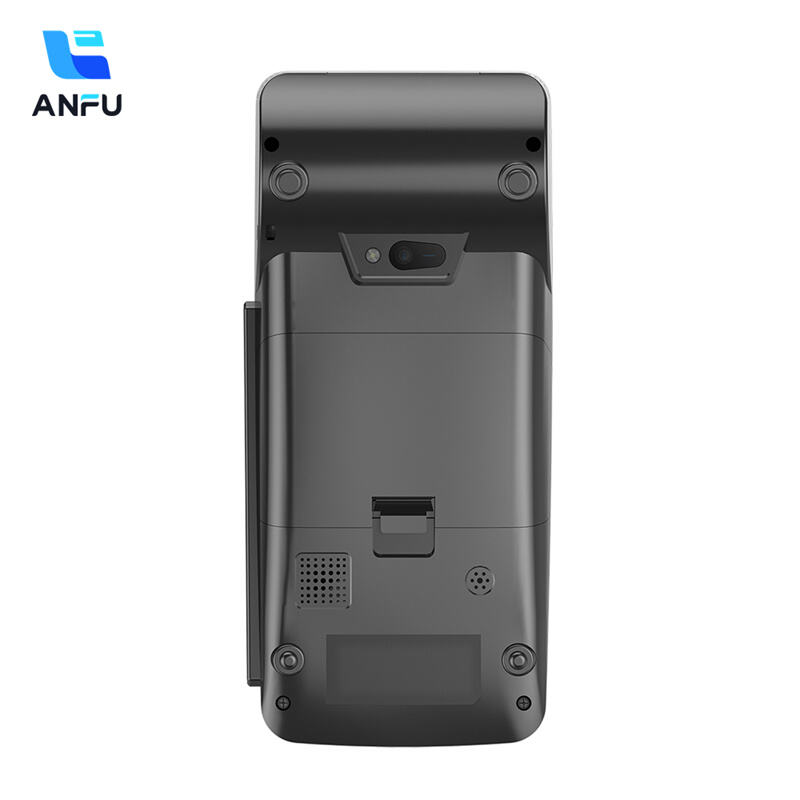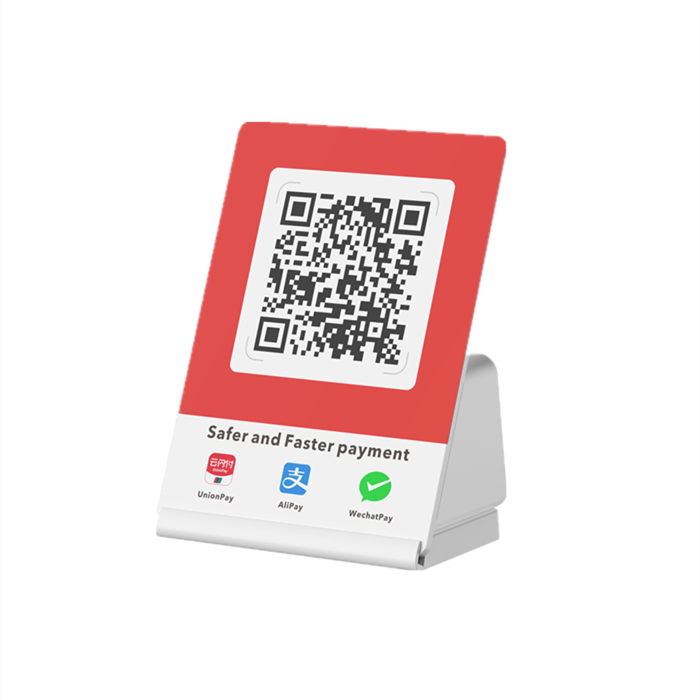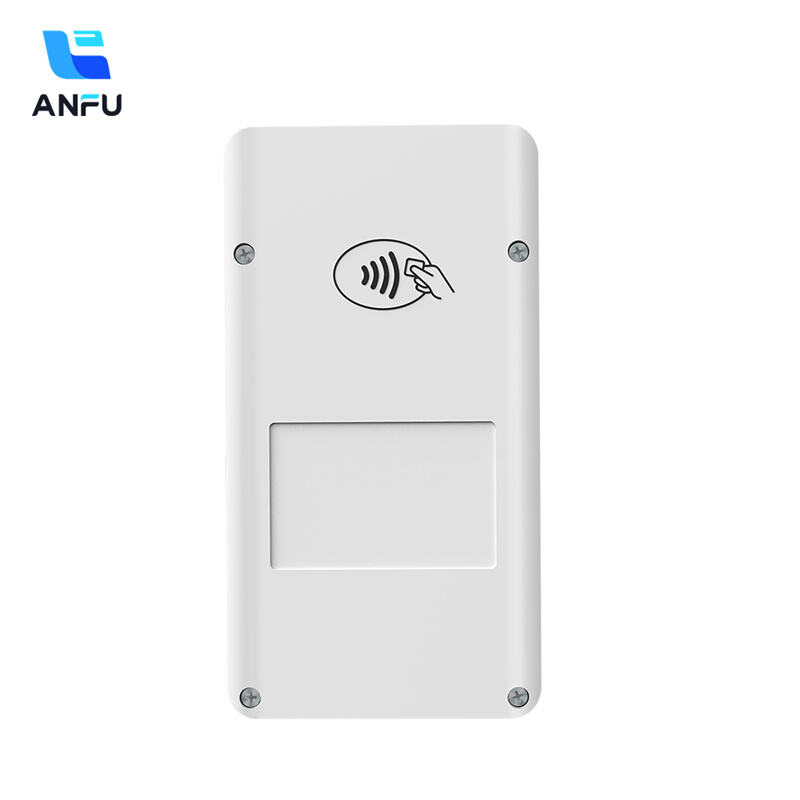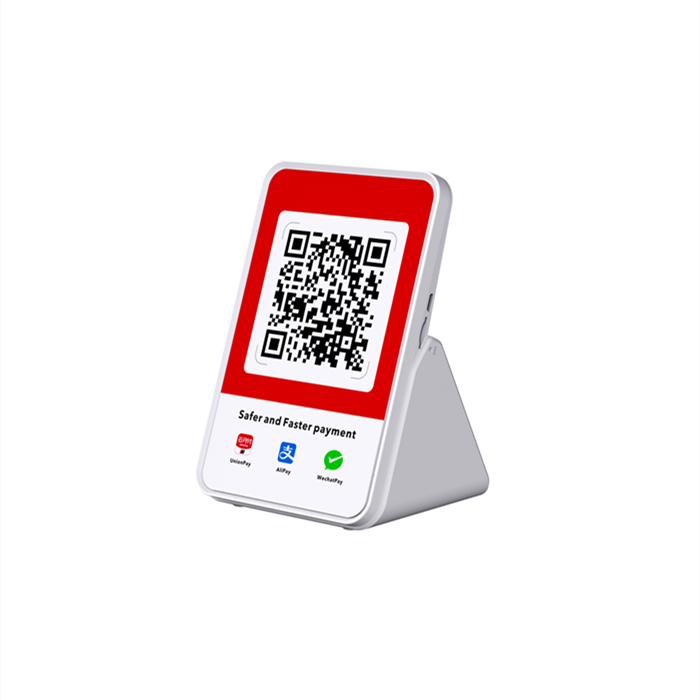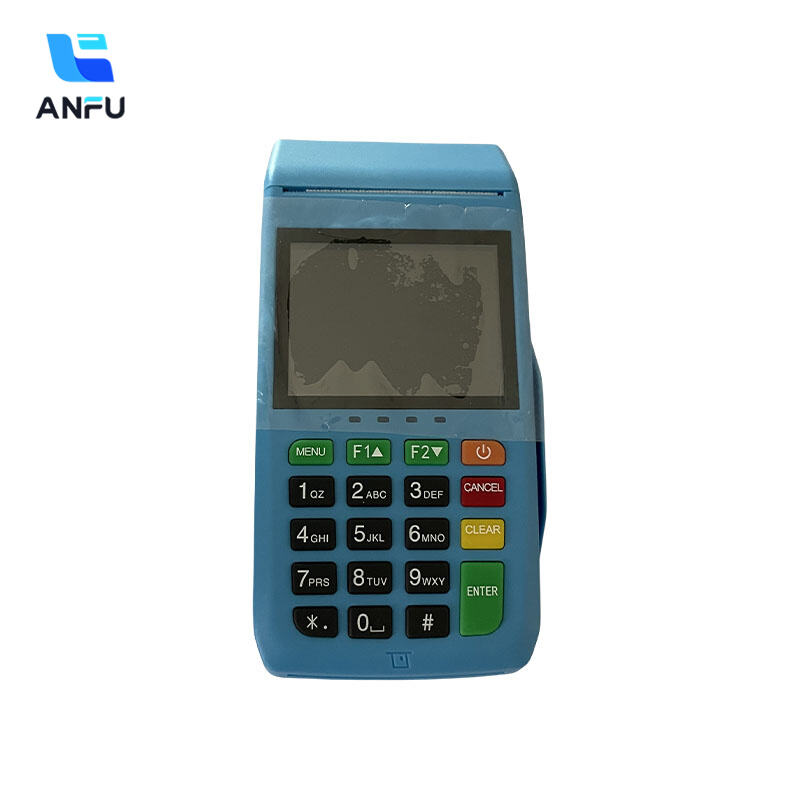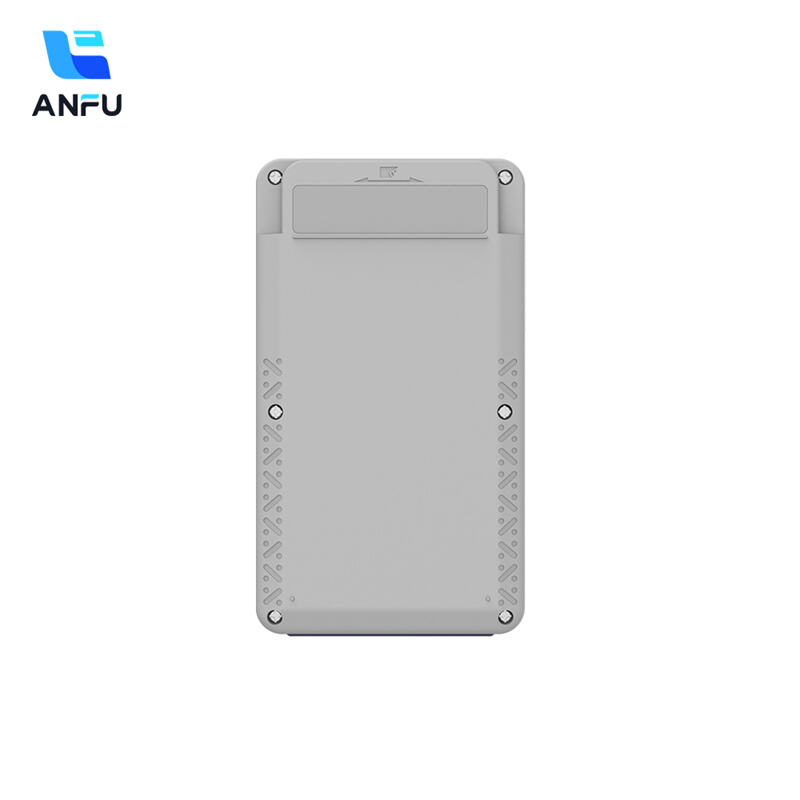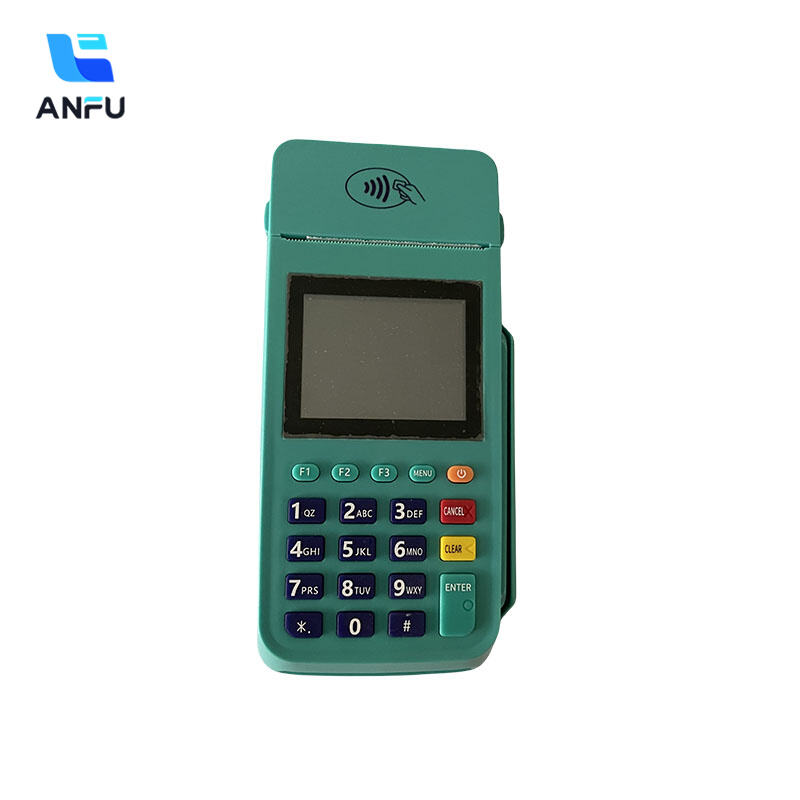Traditional POS Durability vs Android POS Versatility Comparison
Core Differences: Durability vs. Versatility in POS Systems
Built-to-Last Hardware vs. Adaptive Android Platforms
POS systems need to hold up in places where they get constant action. The really tough POS hardware built for heavy duty use usually comes with better materials, can take drops without breaking, and even resists water damage so they last longer. Restaurants and big retail outlets that want their equipment to stick around for years tend to spend extra on this kind of hardware because it cuts down on those frustrating breakdowns and saves money on repairs over time. On the other side of things, Android based systems bring something different to the table. They update fast when new software comes out, which means businesses can keep pace with tech changes and what customers want these days. Looking at actual numbers, machines built to last just break down less often, so operations don't get disrupted as much. When deciding between solid hardware or flexible Android options, most businesses find themselves picking based on what matters most for their daily grind.
Proprietary vs. Open-Source Software Ecosystems
The choice between proprietary and open source software for point of sale systems really affects how flexible and integrable everything becomes. With proprietary options, businesses get smoother integration paths and better tech support, which creates a pretty secure setup for running those day to day operations. But there's a catch too these systems can be quite rigid once set up and often come with steeper price tags. Open source alternatives give companies much more room to breathe though. They let businesses tweak and customize almost anything to fit exactly what they need. We've seen plenty of real world examples where big retailers actually combine both approaches. Some stores run their core functions on proprietary platforms but then build out special features using open source codebases. Looking ahead, most industry folks agree that picking one over the other depends heavily on what matters most to each business right now whether it's keeping costs down, having maximum control, or ensuring data stays protected.
Key Advantages Driving POS Adoption Trends
Omnichannel Integration in Modern Retail
Omnichannel strategies are absolutely critical for success in today's retail landscape. Point of sale systems have completely changed how stores handle customer relationships on both brick-and-mortar locations and websites. What makes these systems so valuable is their ability to connect everything together, creating one smooth shopping journey instead of separate experiences. Recent data shows something pretty impressive too - companies that get omnichannel right tend to keep customers coming back and actually boost sales by around 30%. Take a look at big name retailers who've invested heavily in POS tech. They're seeing real results as they build stronger connections with shoppers through consistent service no matter if someone buys online or walks into a store. And honestly, this makes total sense when we think about what consumers want nowadays. People just expect brands to make shopping easy across all those different touchpoints without any hiccups between online and in person interactions.
Cloud Management and Real-Time Analytics
Cloud based POS systems have made it much easier for businesses to handle day to day operations when it comes to things like keeping track of inventory, managing staff schedules, and generating financial reports. When companies switch to these cloud solutions, they get instant access to analytics that help them make smarter choices and deliver better service to customers. Research indicates that moving to cloud computing for point of sale actually boosts both efficiency and scalability, so businesses aren't stuck with outdated systems as they grow or face new challenges. Retail stores, restaurants, and hotels across the country are already seeing results from adopting cloud POS technology. These systems don't just cut down on paperwork but give managers valuable information that helps shape long term strategies. As more businesses realize how important real time data has become, they're finding themselves ahead of market shifts and able to respond quickly to what customers want next, which naturally improves overall satisfaction rates and bottom line performance.
These paragraphs provide insights into how modern POS systems empower businesses to stay competitive and meet customer expectations through innovative technology and integration.
AF930 Android POS Terminal: Secure Handheld Transactions
The AF930 Android POS terminal brings together security, innovation, and portability all in one package, exactly what mobile payment needs these days. What sets this device apart? Advanced security stuff like tamper detection and self-destruct mechanisms keep transactions safe according to UnionPay's smart terminal standards. For businesses running around in fast paced spots such as food trucks or street markets, having secure payments processed quickly matters a lot. Merchants who actually use the AF930 report they can plug it right into their workflow without hassle most of the time, plus customers find it easy enough to handle. Security remains a big selling point alongside how portable the thing really is, which explains why many shop owners pick AF930 instead of competing options on the market today.
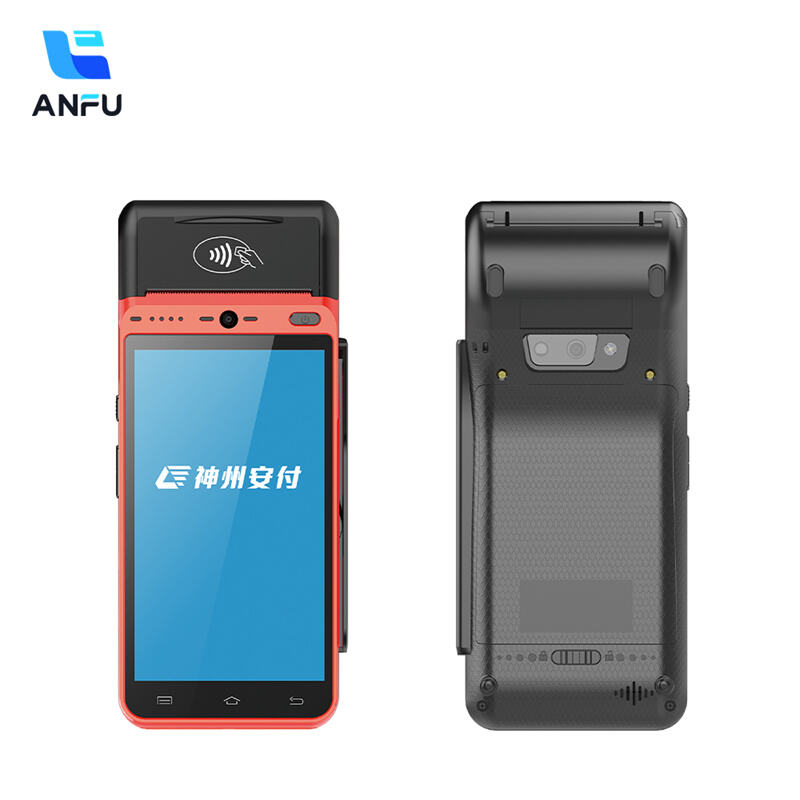
AF820 Android POS: Payment and Communication Hub
The AF820 Android POS terminal acts as a central point for handling payments and staying connected, packed with features that work well across different retail environments. With a powerful quad-core processor running on ANFU OS, this device handles all sorts of payment methods so transactions go smoothly whether someone runs a physical store or manages temporary pop-up shops. The terminal comes equipped with 4G connectivity, Wi-Fi capabilities, and Bluetooth support which means staff can process sales even when moving around the shop floor or during events outside regular premises. Retailers who've started using it report faster checkout times and happier customers overall. What really sets the AF820 apart are things like its rugged build quality that stands up to daily wear and tear, plus an optional scanning base attachment that makes inventory management much easier compared to other terminals on the market right now.
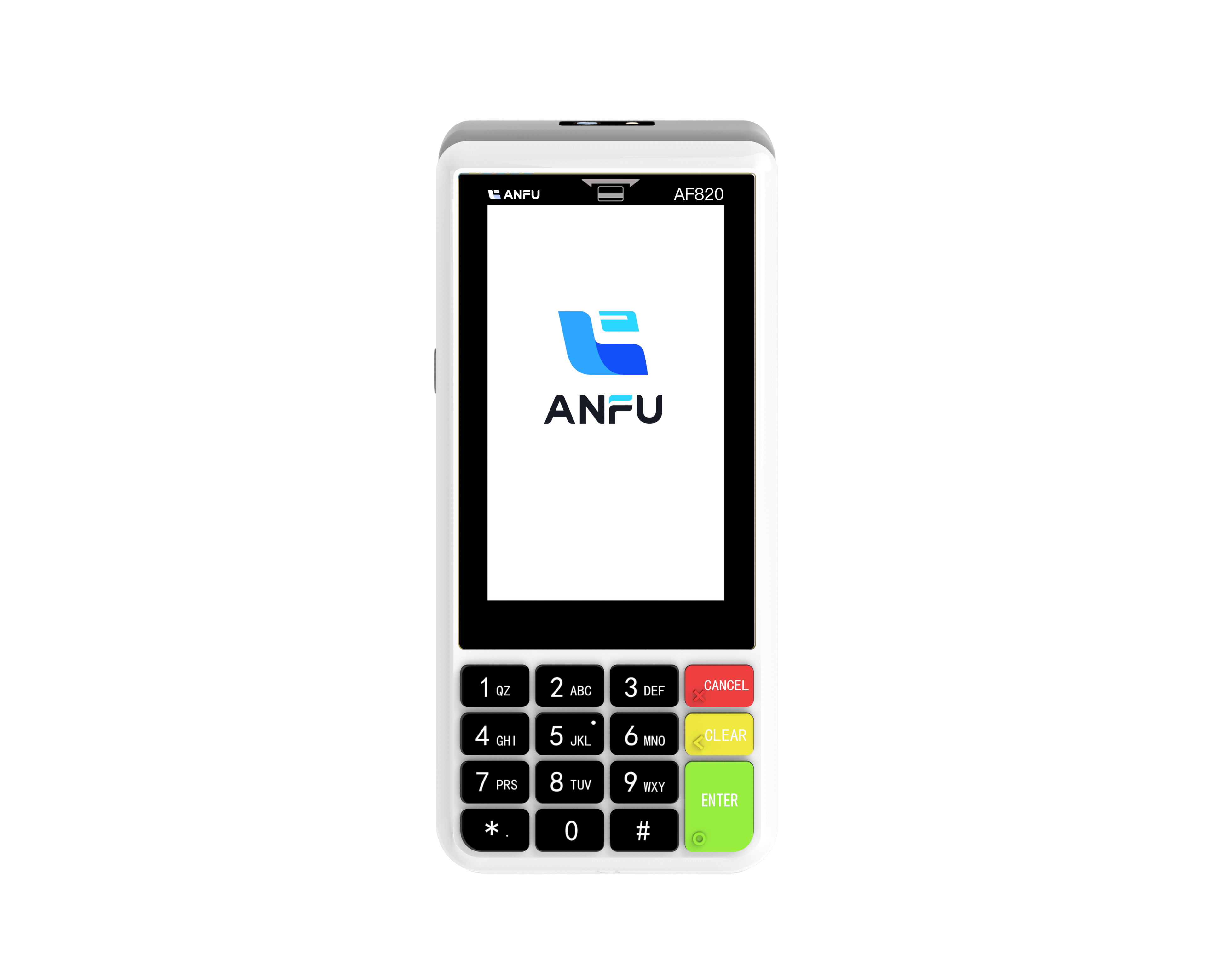
Future-Proofing Your Business with POS Technology
Hybrid Payment Support and Kiosk Mode Flexibility
Businesses are changing fast these days, and we're seeing more companies adopt hybrid payment options because customers want to pay in all sorts of ways now. Modern point-of-sale systems need to handle everything from traditional credit cards to mobile payments and even crypto transactions. What makes these mixed payment systems so valuable is their flexibility. Retailers can cater to different shoppers who prefer cashless transactions when they shop locally or browse products online from home. And let's face it, younger generations especially expect tech to work smoothly across all their purchasing experiences without hiccups or compatibility issues between devices and platforms.
The kiosk mode represents a game changer for both shoppers and retailers alike when it comes to improving experiences within stores. When customers have access to self service kiosks, they can look around products, pick out what they want, and complete payments without standing in line forever. This cuts down waiting time substantially and generally leaves people happier with their shopping trip. Retailers benefit too because things run more smoothly overall. Staff members aren't stuck dealing with basic purchases all day long so they can actually help with bigger issues or provide better customer service elsewhere in the store while those automated terminals take care of everyday transactions.
A growing number of businesses are seeing real benefits from combining hybrid payment options with self-service kiosks. Take that little coffee shop downtown - they saw transactions jump by almost a third once they added these tech solutions, plus customers were明显 happier waiting in line. The numbers back this up too. Industry reports point to rising interest in these kinds of systems, with adoption expected to climb sharply across different retail areas over the next few years. For companies making point-of-sale equipment, this means there's room to get creative with new features while helping stores stay competitive against bigger rivals who already have these tools in place.
Recommended Products
Hot News
-
Smart Card 2019
2024-01-23
-
Trustech 2019
2024-01-12
-
Futurecom 2019
2024-01-12
-
Seamless Payments Asia 2020
2024-01-12
-
Seamless Middle East 2022
2024-01-12

 EN
EN
 AR
AR
 BG
BG
 CS
CS
 DA
DA
 NL
NL
 FR
FR
 IT
IT
 JA
JA
 KO
KO
 PL
PL
 PT
PT
 RU
RU
 ES
ES
 TL
TL
 ID
ID
 LT
LT
 UK
UK
 VI
VI
 HU
HU
 MT
MT
 TH
TH
 TR
TR
 FA
FA
 AF
AF
 MS
MS
 MK
MK
 HY
HY
 AZ
AZ
 KA
KA
 BN
BN
 BS
BS
 LO
LO
 MN
MN
 NE
NE
 ZU
ZU
 MY
MY
 KK
KK
 UZ
UZ
 KY
KY
